WASHINGTON — It’s going to be a hot Fourth — and if you’re looking for an oasis in the middle of the desert that is the National Mall, you don’t need to wander too far.
After an eight-month renovation, the children’s garden at the U.S. Botanic Garden is now open to the public. The newly refreshed space includes a climbing structure, a digging area, a kiwifruit tunnel and a plant-your-own garden station.
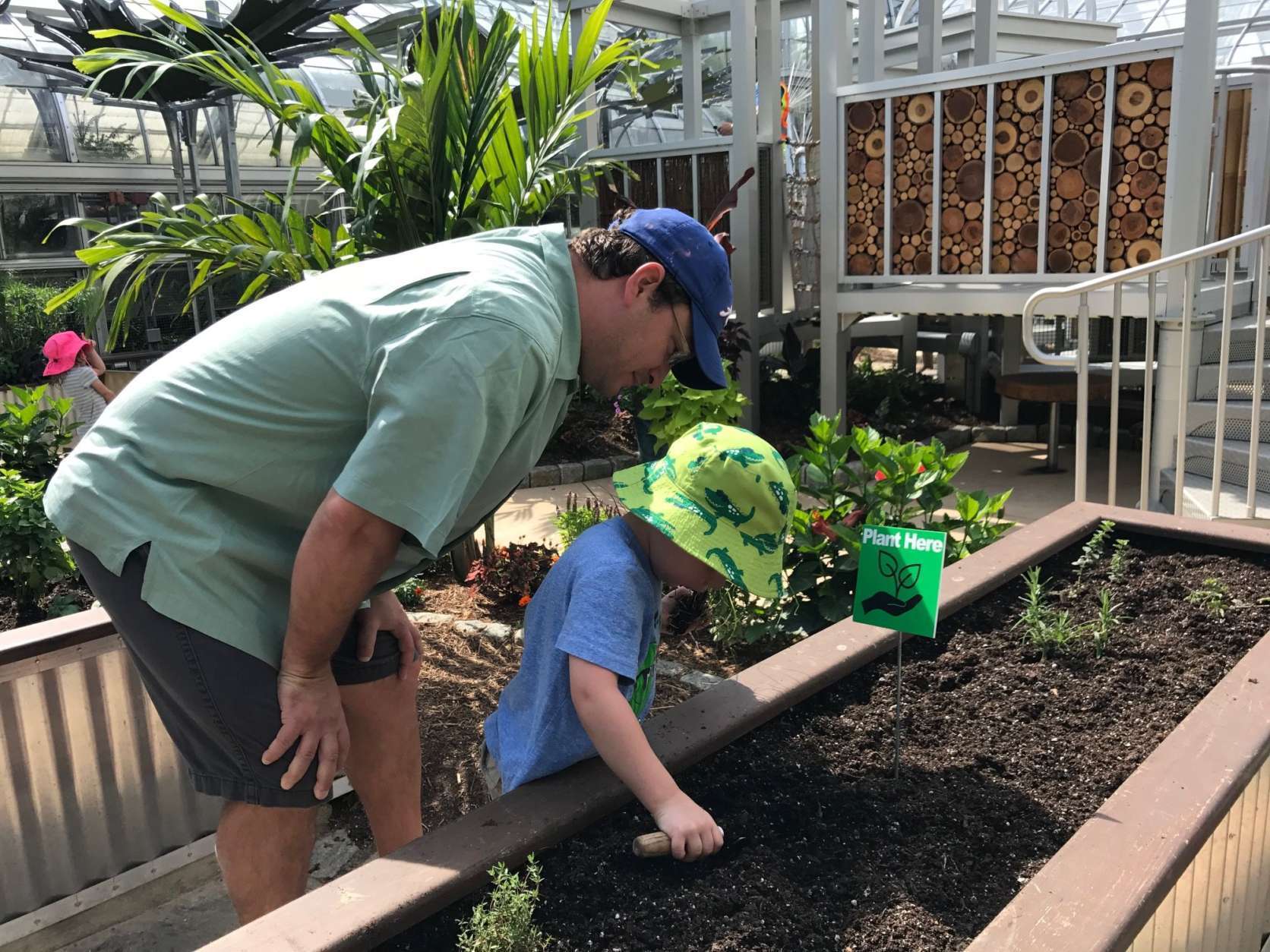
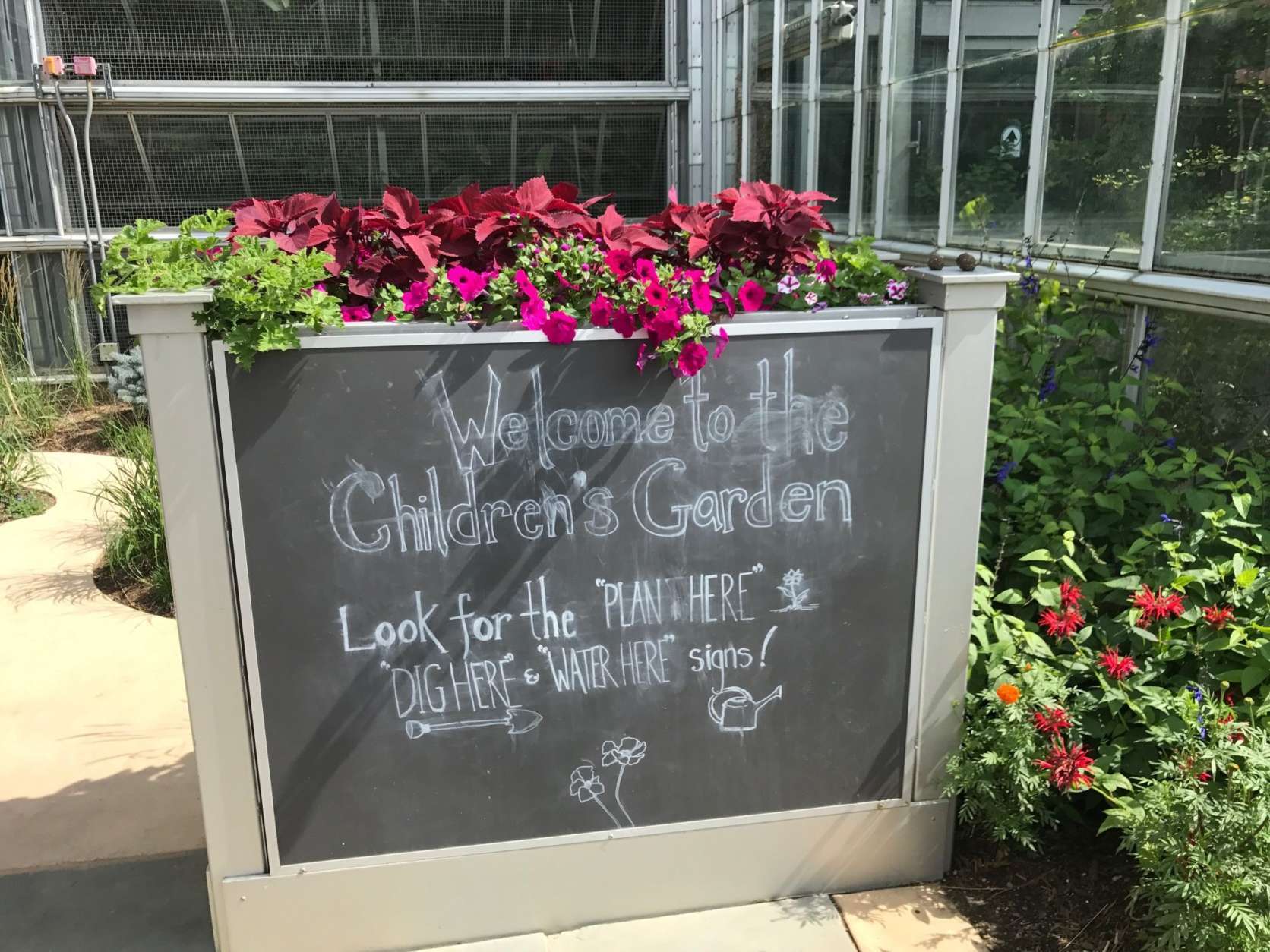
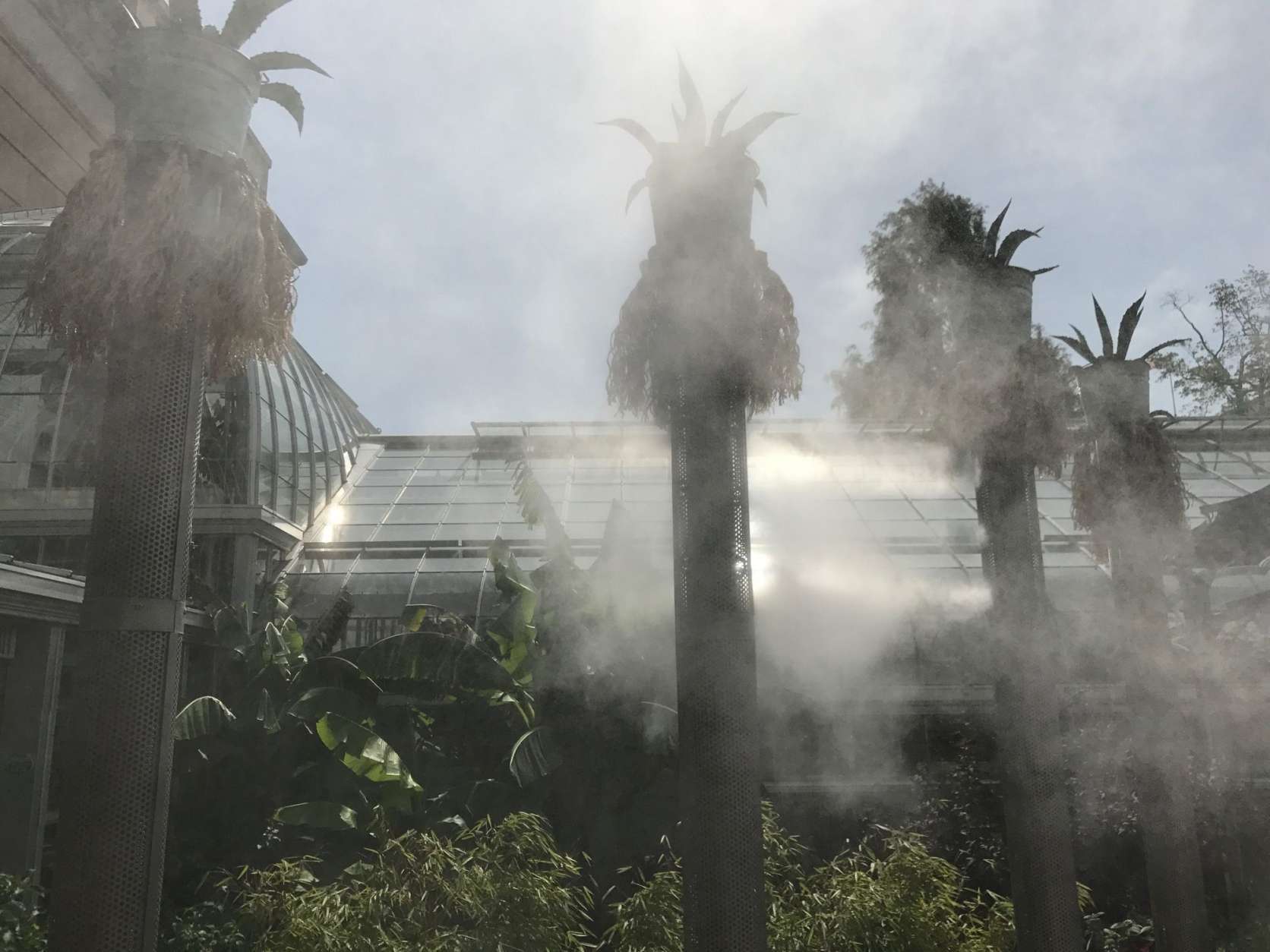
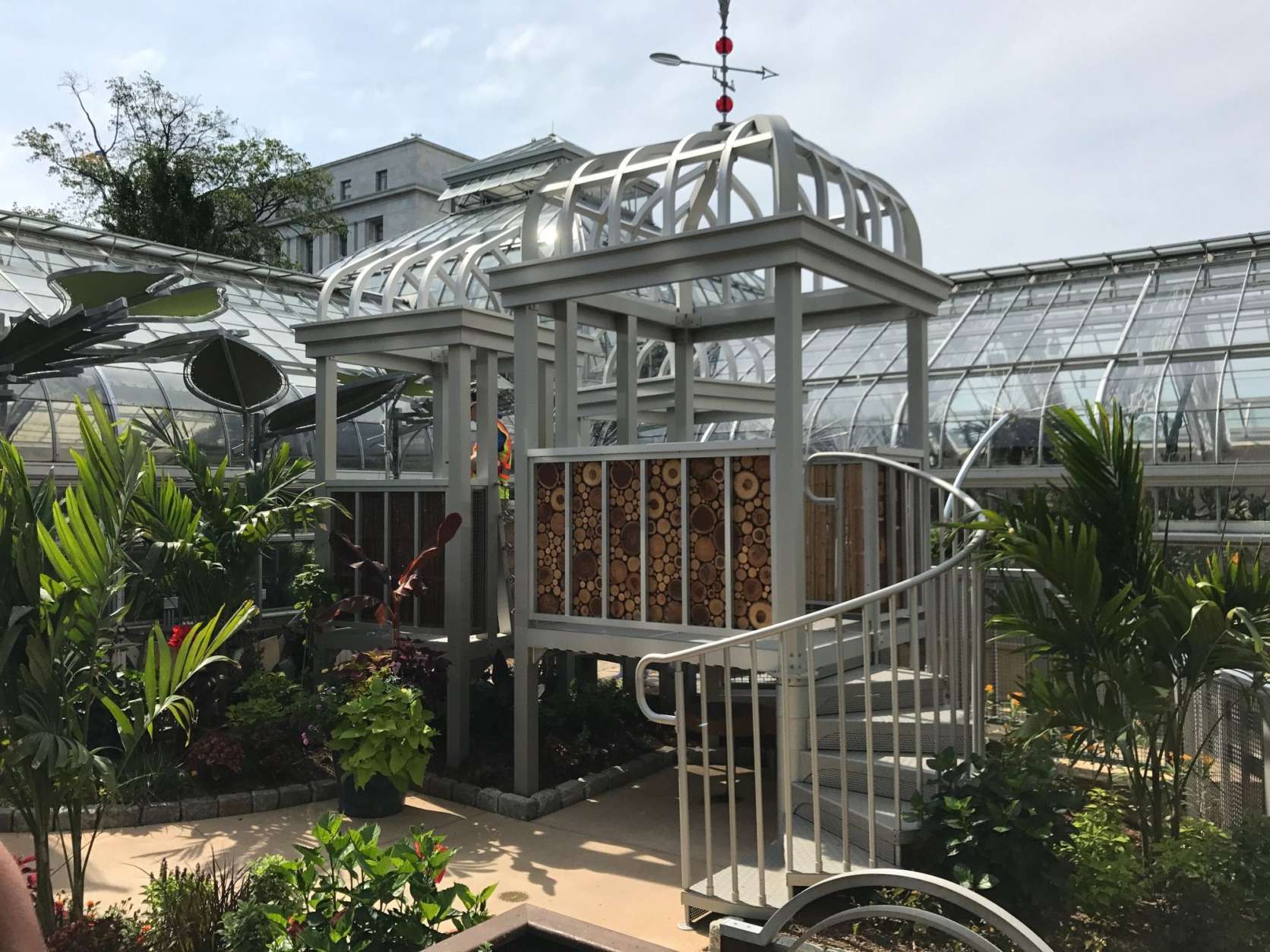
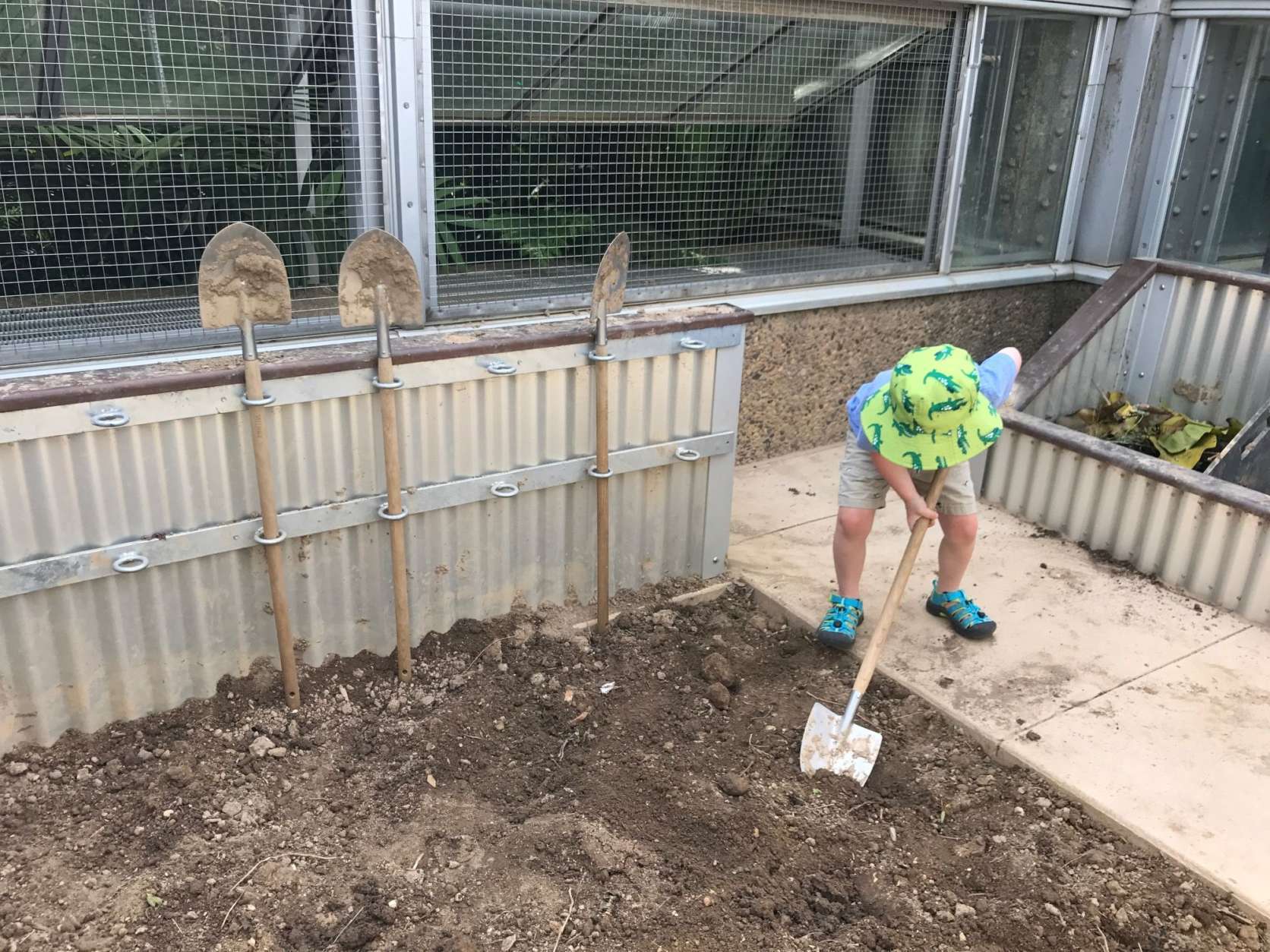
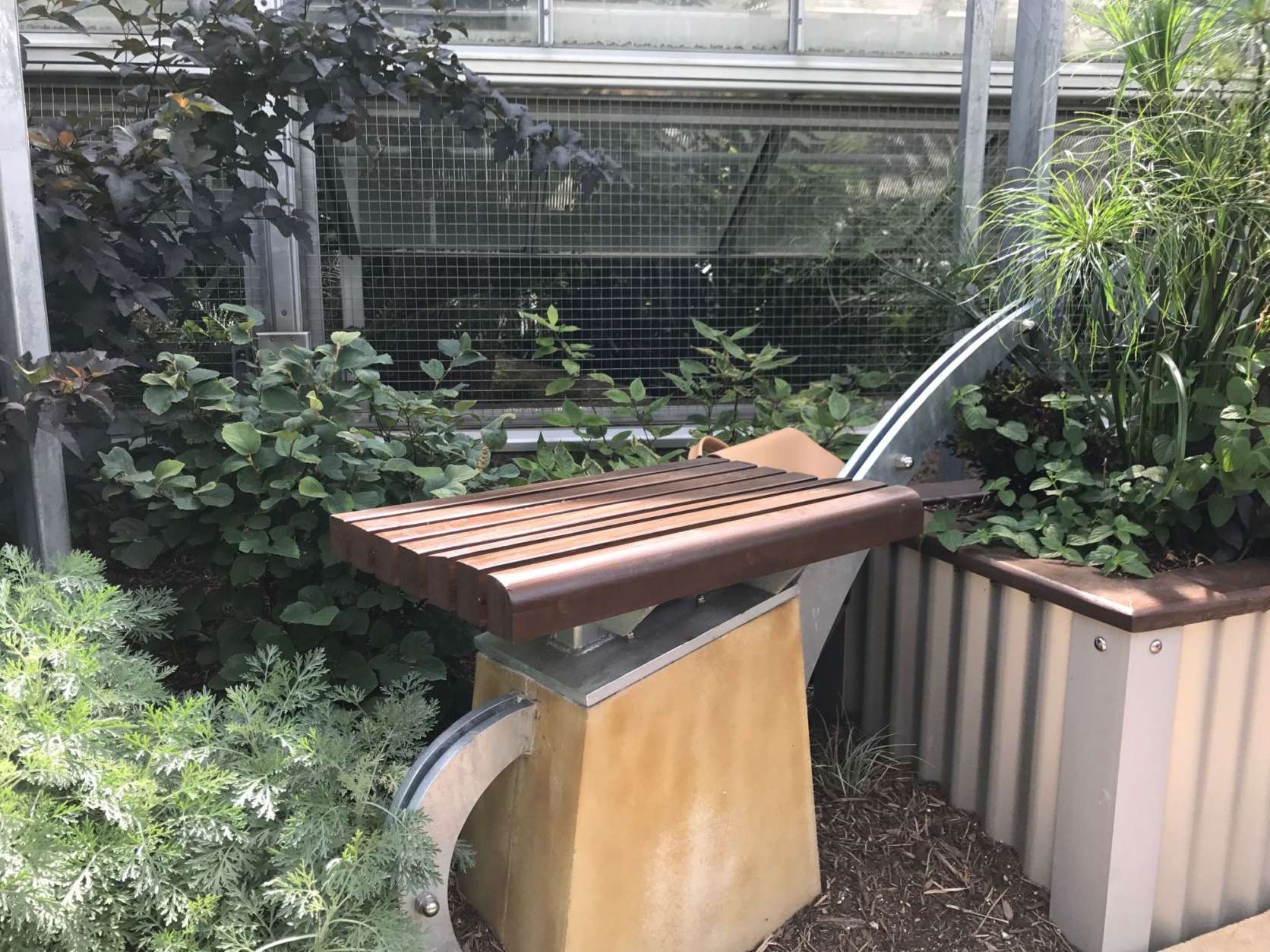
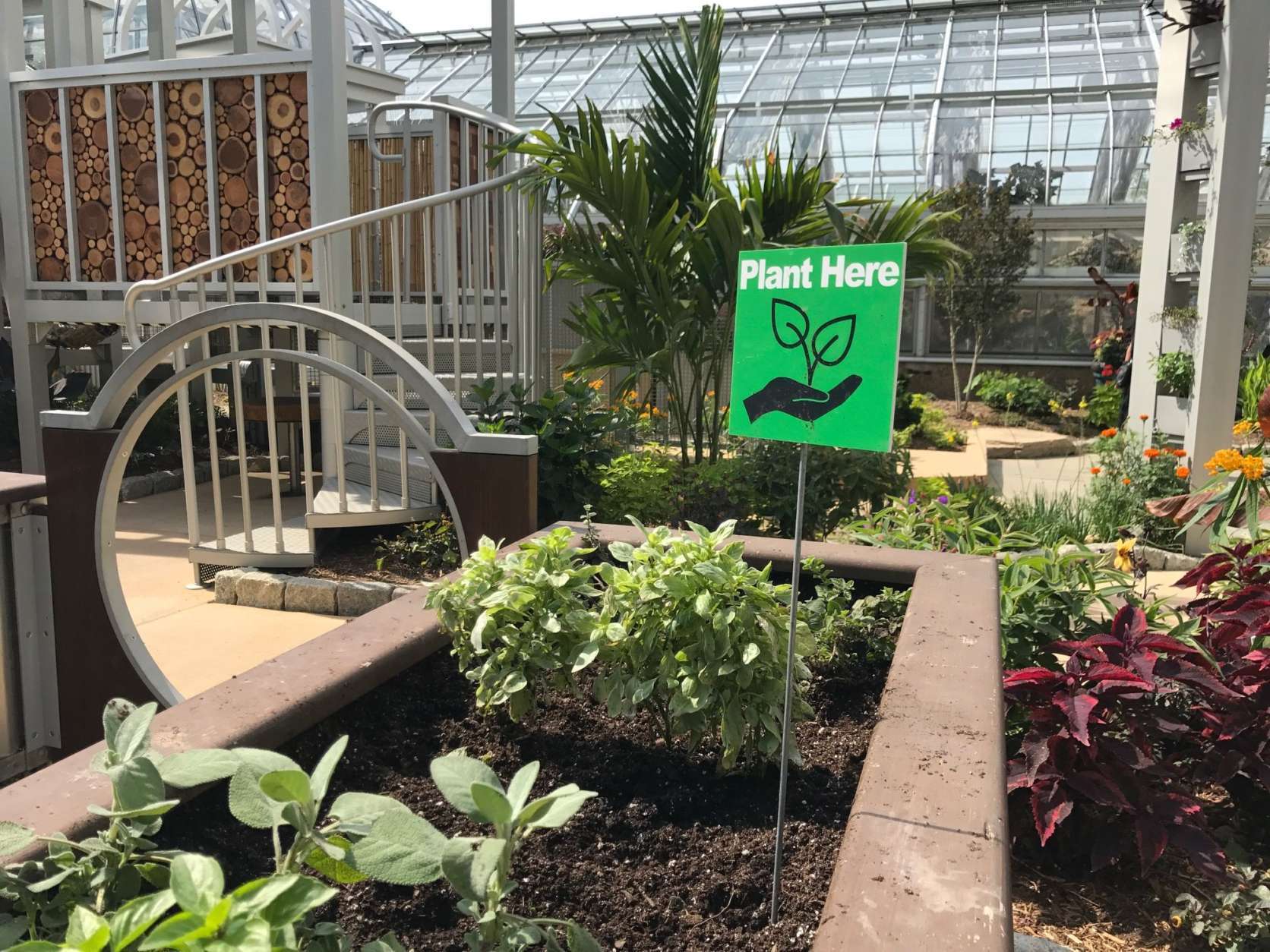
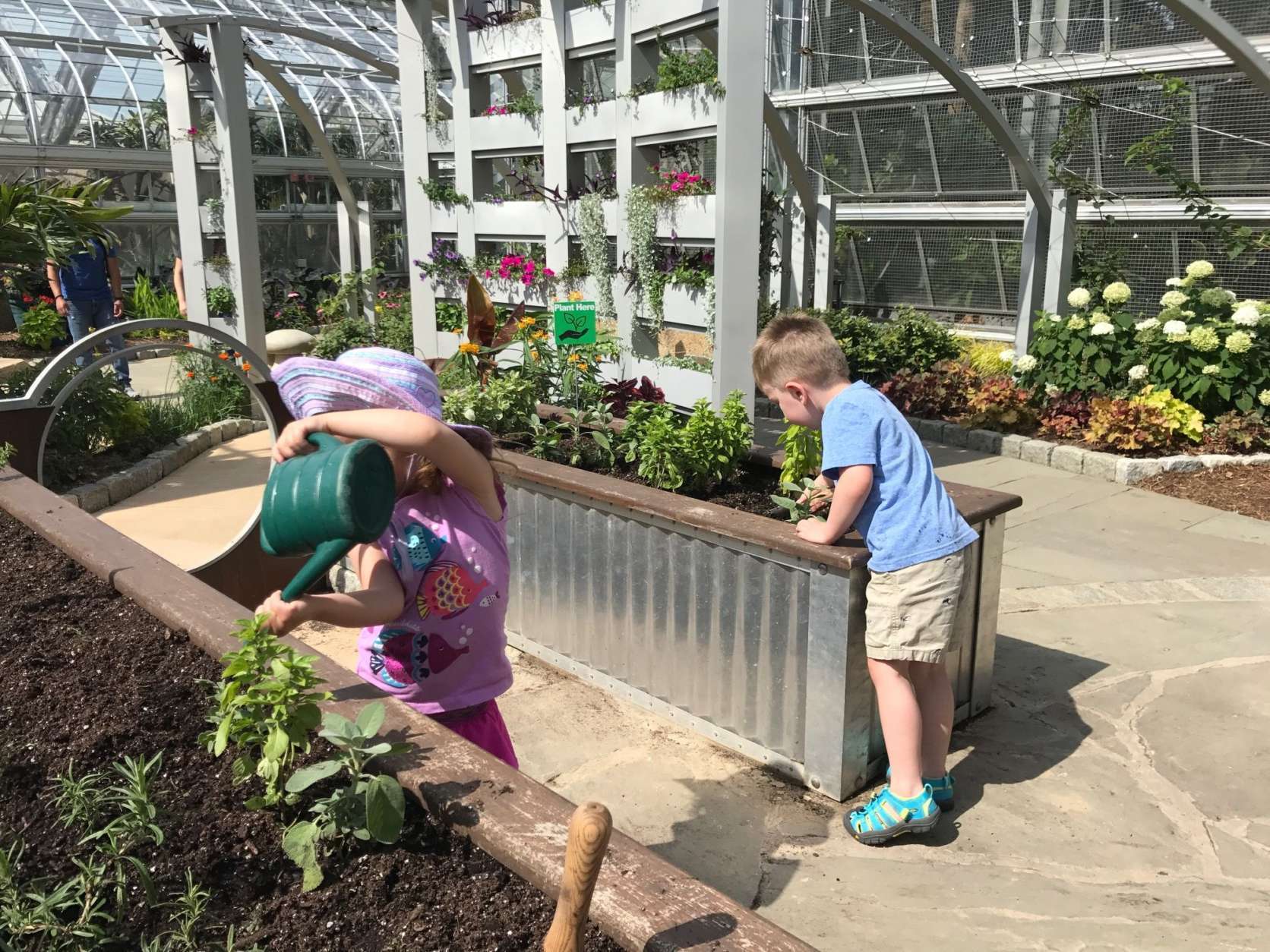
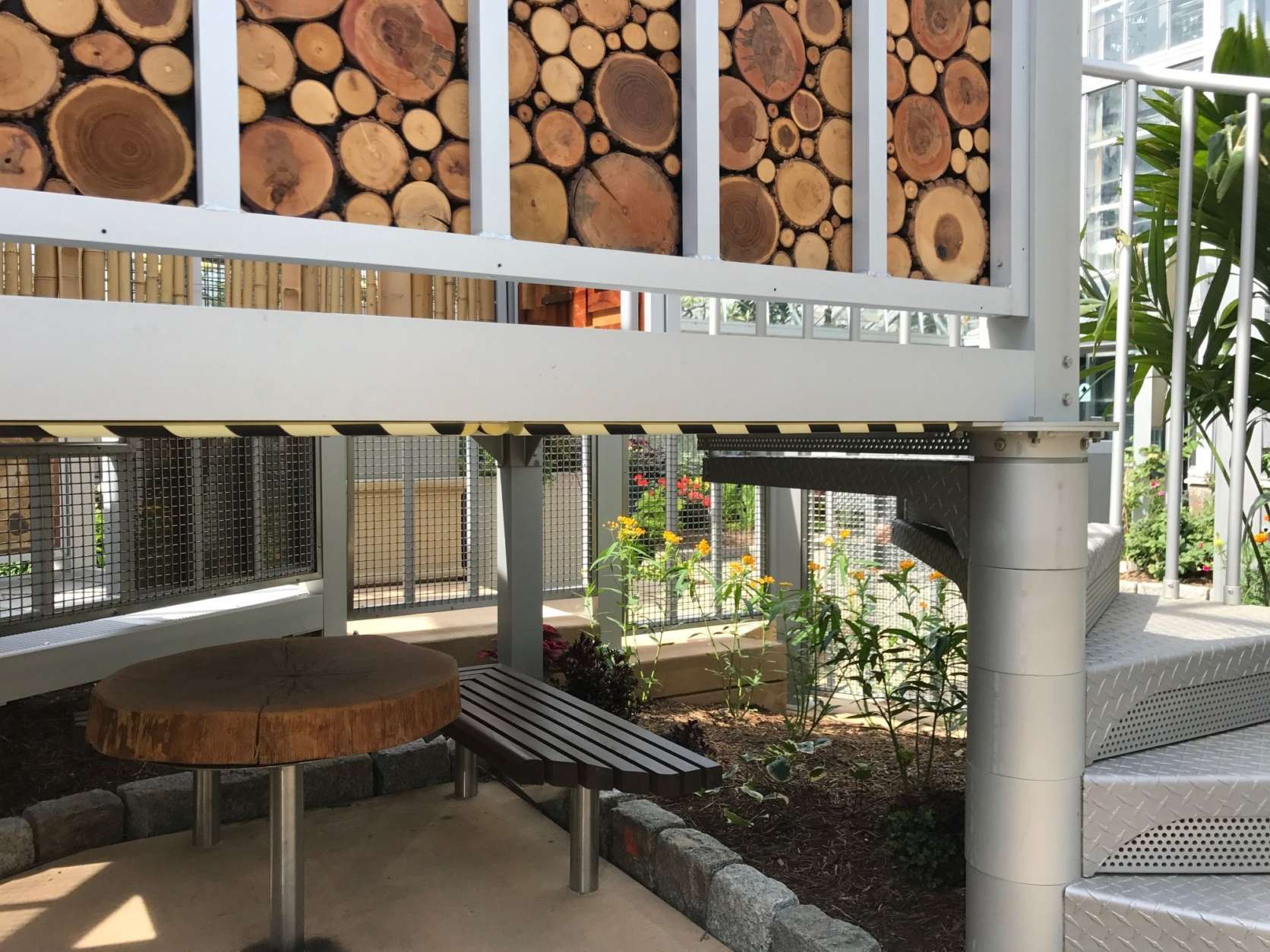
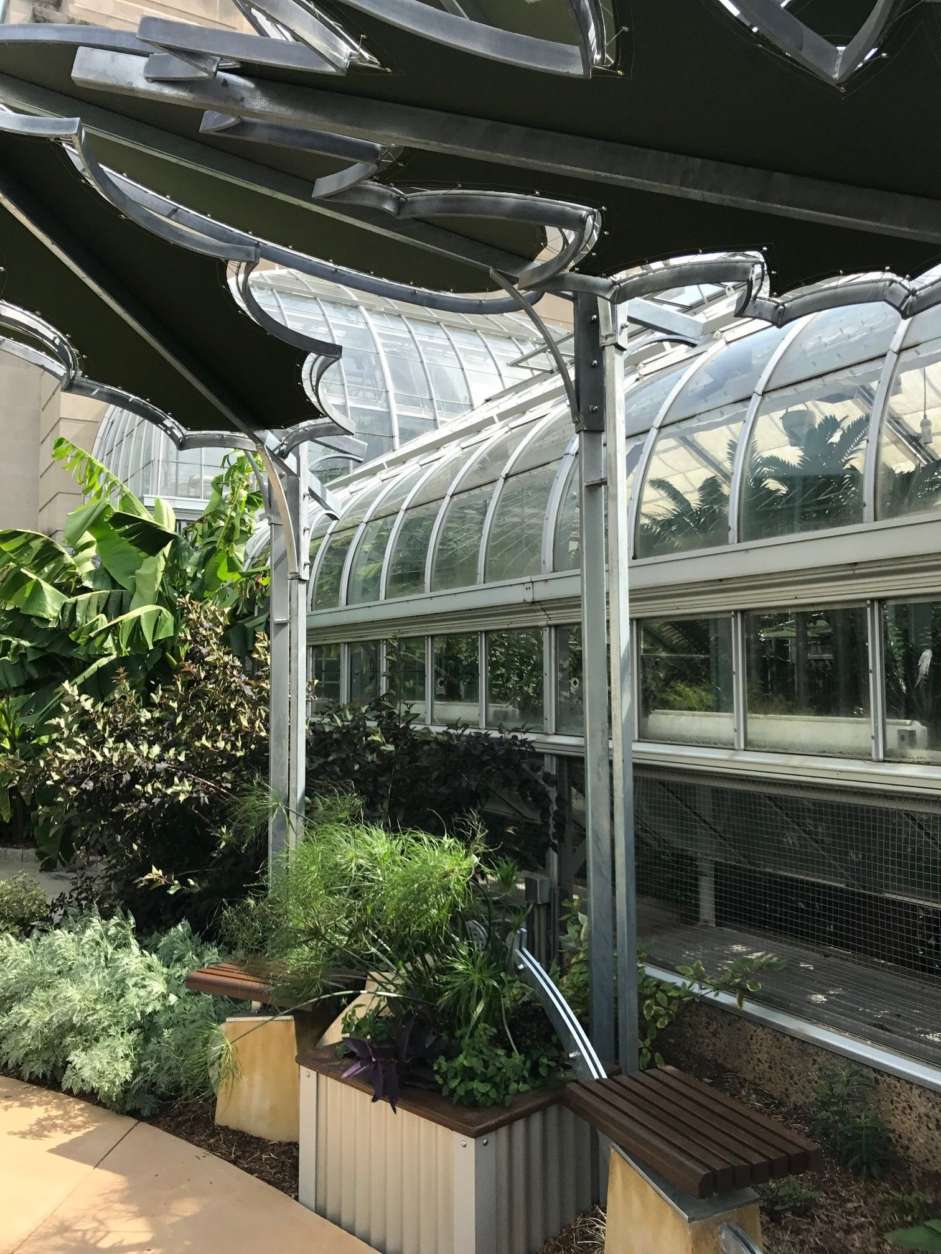
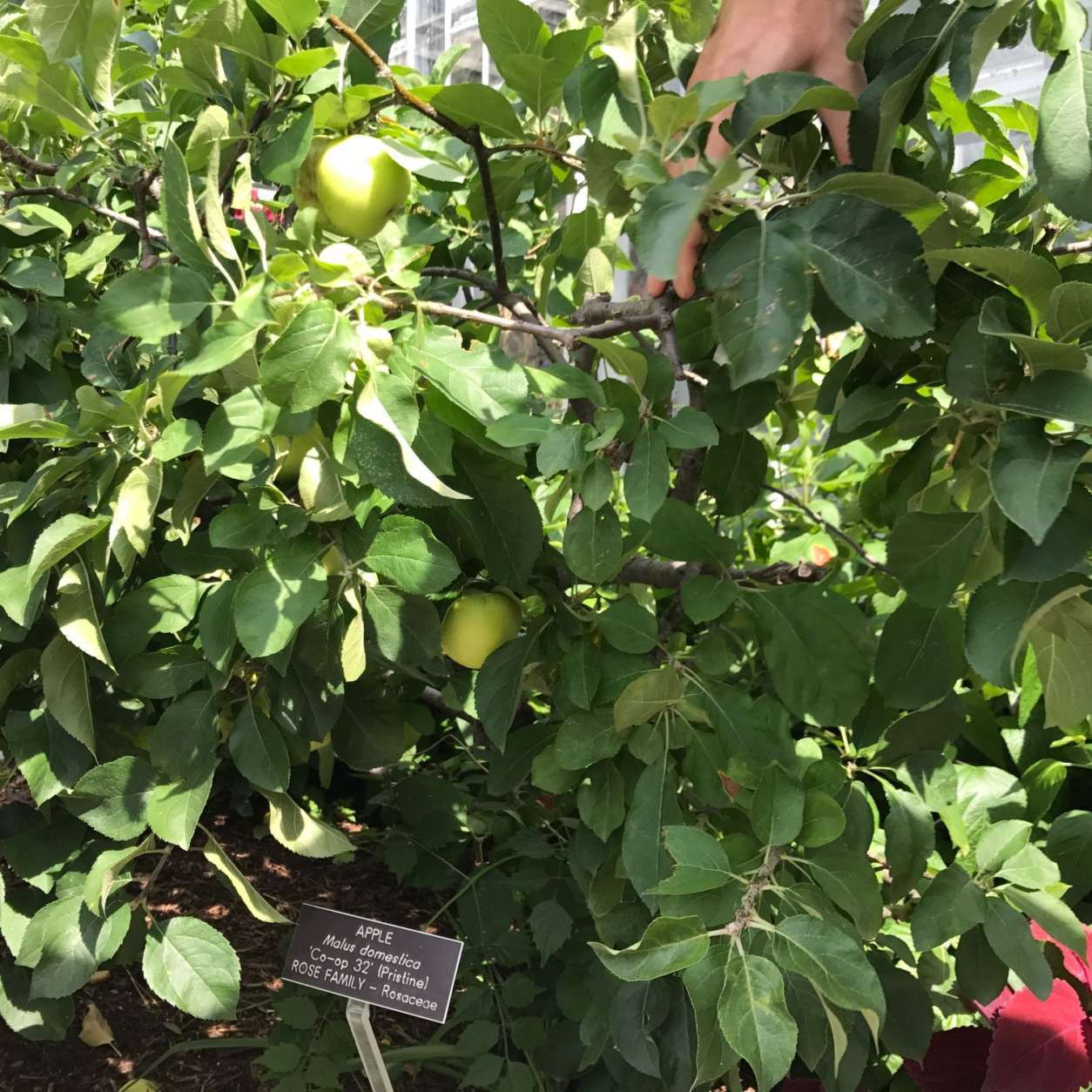
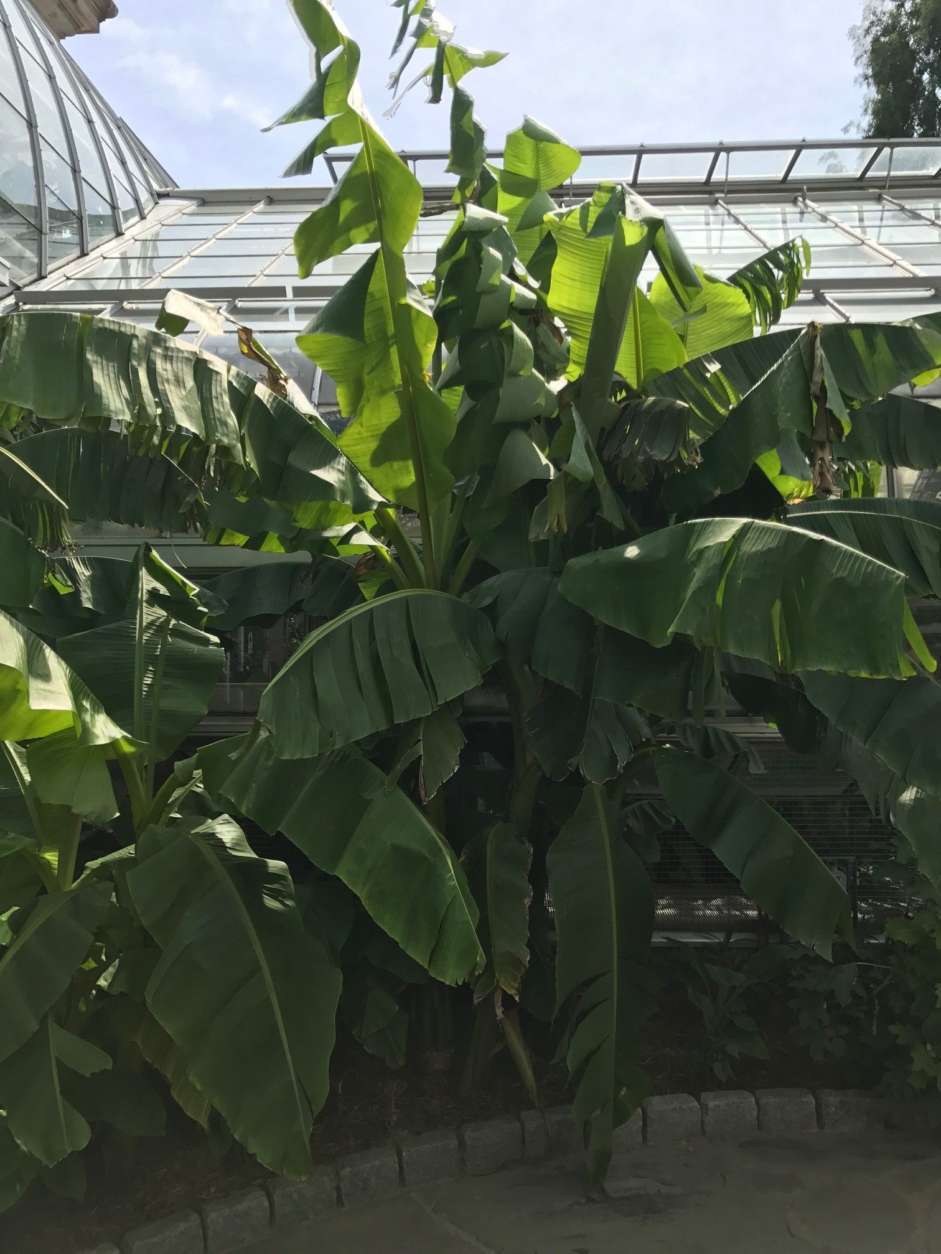
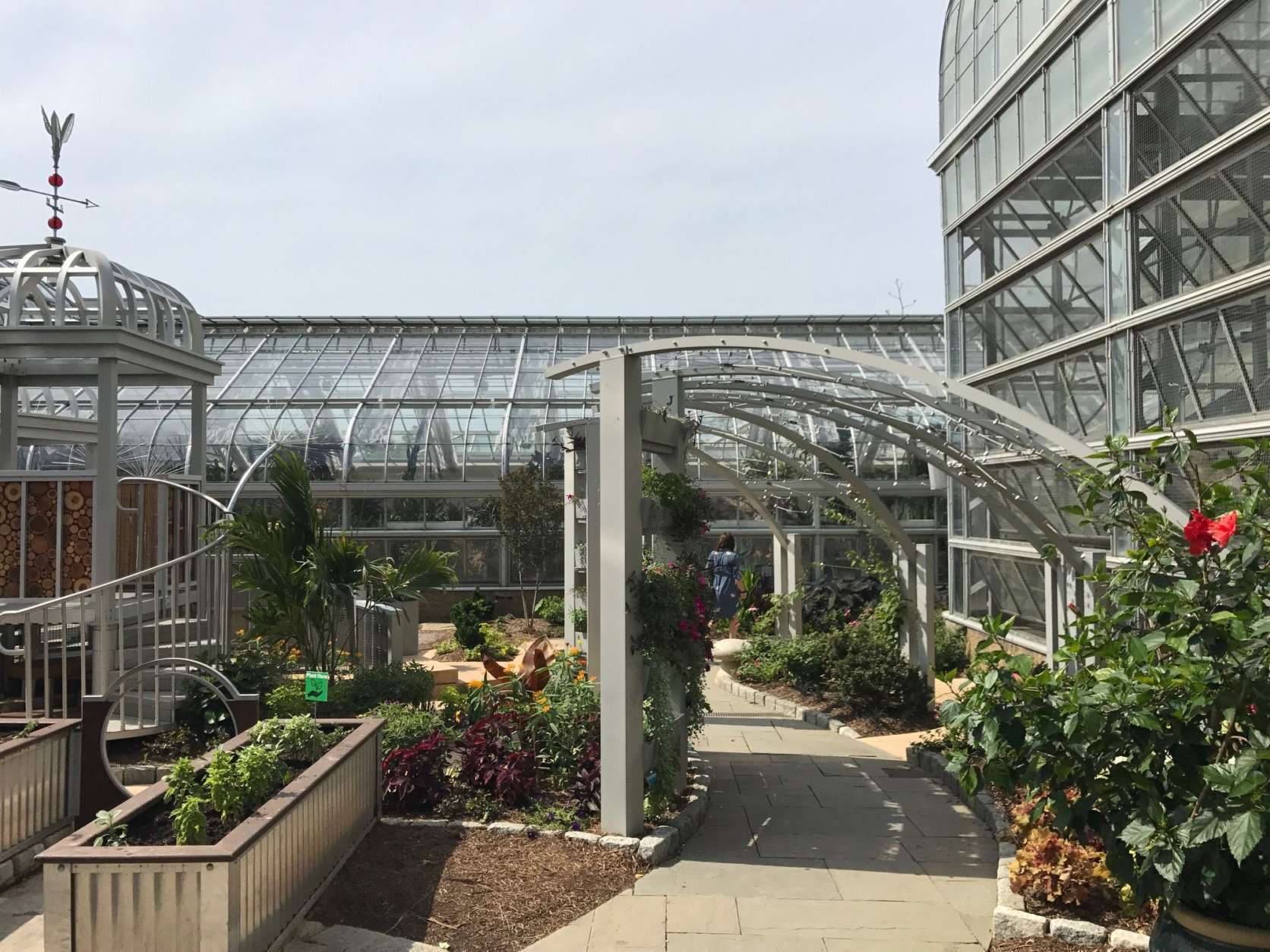
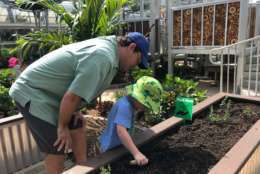
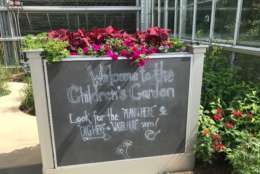
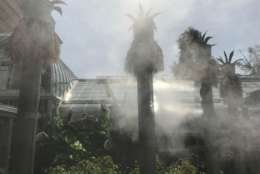
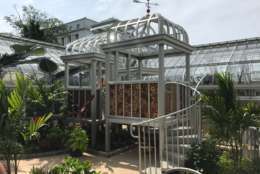
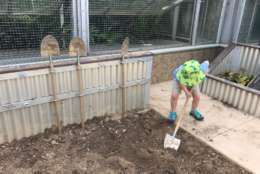
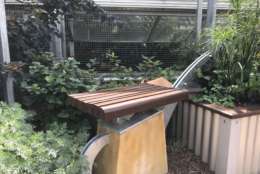
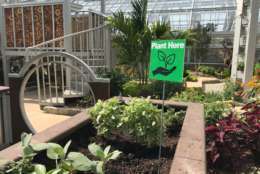
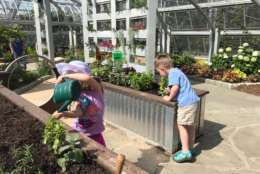
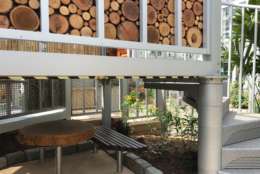
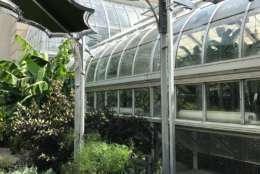
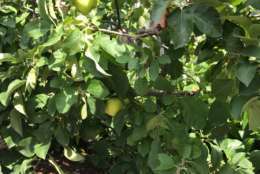
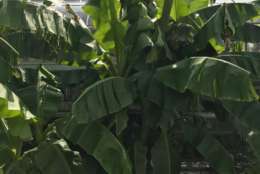
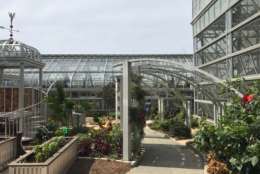
There’s also plenty of shade and endless opportunities to play with water.
“Here’s a place where kids can come and they are free to dig, and plant, and water, and explore and play in the dirt — this is their space,” said Devin Dotson, public affairs and exhibit specialist at the U.S. Botanic Garden.
“Where else can you go and dig and play with the plants and not get in trouble? This is that safe space.”
The U.S. Botanic Garden, which is sandwiched between the Air and Space Museum and the U.S. Capitol along Independence Avenue, opened the children’s garden 15 years ago. Dotson says this year’s updates allow for more experimentation and self-discovery.
Watering-can benches line the perimeter of the play area, and a pint-size picnic table sits under the tree house — a perfect spot for a midmorning snack or lunch with friends.
Steel dandelion statues tower above the space and dwarf fruit trees flank the entrance.
“We make it a point to bring things down to their level,” Dotson said about the small apple and banana trees.
“It’s an opportunity for us to say, ‘Hey, here are some things you might know from your kitchen or from your grocery store, but here’s the actual plant that it grows on.’”
Entrance to the children’s garden is free of charge; the U.S. Botanic Garden is open daily from 10 a.m. to 5 p.m.
Dotson added, “People ask, ‘How young is too young for people to interact and learn about plants?’ And we say, ‘At birth.’”






